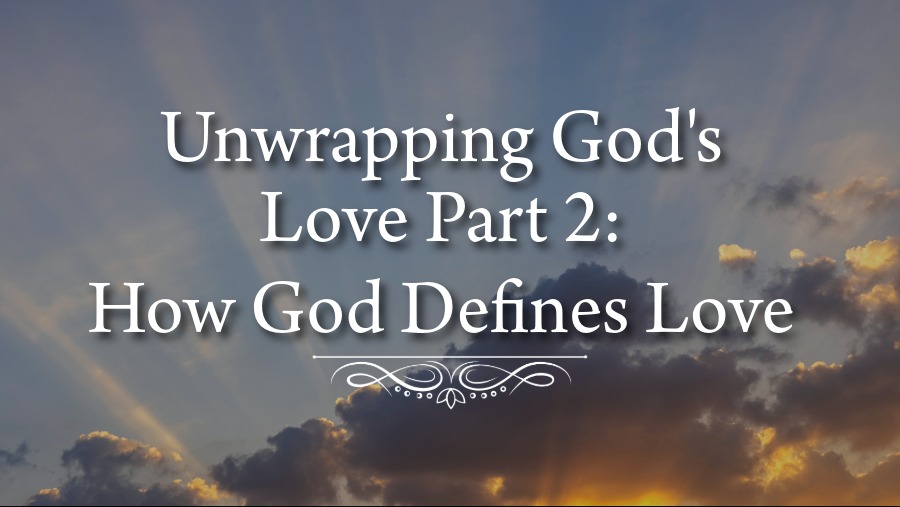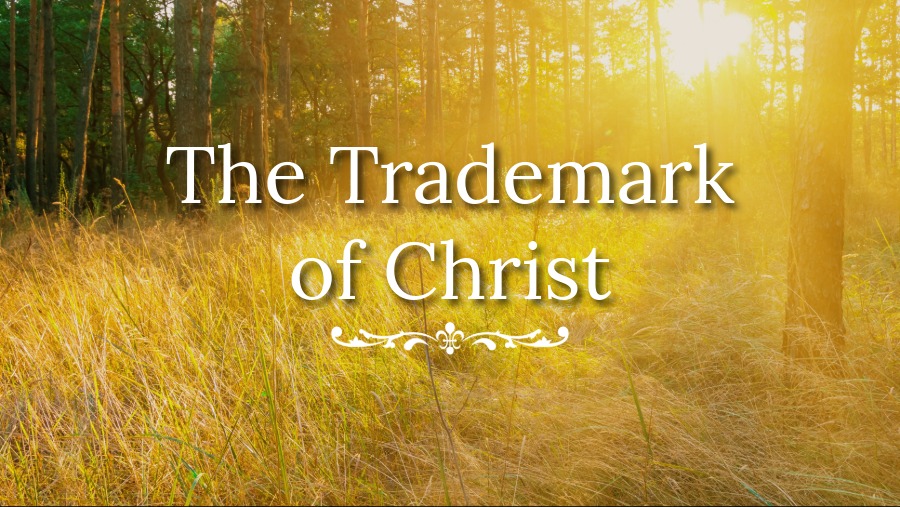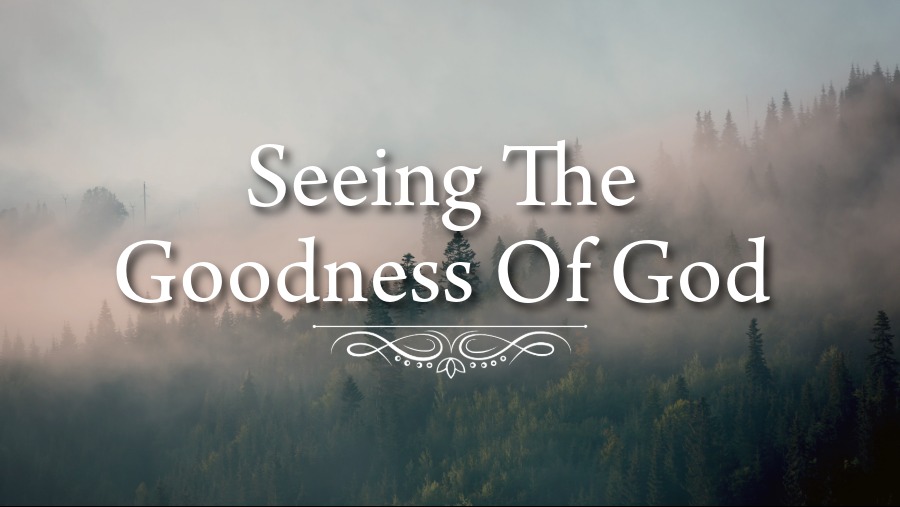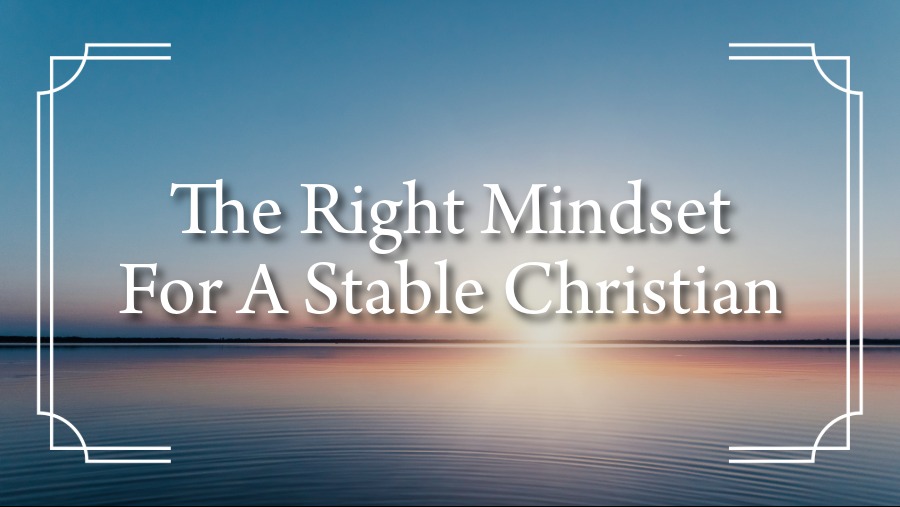
The Cost Of A Friendship
The sermon centers on cultivating a genuine relationship with God rather than maintaining mere religious rituals. Using Genesis 22—the account of Abraham offering Isaac—as the primary text, the preacher argues that friendship with God is proved and deepened through tests that require obedience, surrender, and dependence. He contrasts ritualistic habits (reading and praying mechanically) with relational engagement (trusting, obeying, and walking with God when the path is unclear or uncomfortable). The message unfolds as an exploration of the cost of true friendship with God, illustrated by Abraham’s journey of faith and supported by reflections in James 1–2.
Ritual vs. Relationship
The sermon opens by challenging the assumption that consistent religious activity equals spiritual vitality. We can turn even good practices—Bible reading and prayer—into idols when we rely on them as checklists or substitutes for an actual walk with God. A ritualized exchange of words isn’t a relationship; in human terms, repeating the same greetings daily doesn’t build friendship. Similarly, repeating the same prayers or merely logging Bible time without heart engagement does not constitute fellowship with God. The call is to move from mechanics to meaning—from motions to a living relationship.
Abraham’s Test: The Friend of God (Genesis 22)
Genesis 22 presents perhaps the most dramatic test of friendship in Scripture. God commands Abraham to take his “son, thine only son Isaac, whom thou lovest,” to the land of Moriah and offer him as a burnt offering. The preacher candidly acknowledges the discomfort of the “optics”—it seems counterintuitive and ethically impossible. Yet Abraham obeys immediately, rising early and traveling three days. When Isaac asks about the sacrificial lamb, Abraham responds: “God will provide himself a lamb,” demonstrating confidence that God’s character, not Abraham’s understanding, must govern the moment. At the climax, as Abraham raises the knife, God stops him and affirms two things: (1) Abraham’s fear of God—evidenced by withholding nothing—and (2) God’s promise to bless and multiply Abraham’s seed because he obeyed.
The sermon notes that Abraham didn’t start here; his trust had been cultivated over time—leaving his homeland on God’s word, praying for a son across years of waiting, interceding for Sodom, and learning through missteps when he tried to “help” God’s plan. Faith, the preacher insists, builds through prior steps of obedience, positioning Abraham to pass this greater test.
The preacher also clarifies the word “tempt” in Genesis 22:1 (KJV), explaining the idea is to prove or examine authenticity, not to entice to evil. God’s tests refine and reveal what the relationship really is. They are “proving times” that add value to the relationship the way strain and difficulty can deepen marital and familial bonds.
Why Moriah? A Theological Thread
While staying within the text’s horizon, the preacher highlights Moriah’s significance: it later becomes the site of Solomon’s temple, and in the broader biblical arc, the region where God does give His only Son. Abraham’s halted sacrifice foreshadows the completed sacrifice of Christ. Abraham’s “God will provide himself a lamb” is read as an anticipatory recognition that God Himself supplies what true worship requires.
James 1–2: What Testing Produces
Turning to James, the preacher ties the Abraham narrative to two themes:
- James 1: Trials “work patience”; letting patience have its perfect work makes us mature and complete. Tests aren’t meaningless; they are formative.
- James 2: Abraham is “justified by works” in the sense that his works perfected (completed, made visible) his faith. This aligns with the title Scripture bestows on him: “the friend of God.” Friendship is not a slogan but a lived posture toward God.
The Cost of Friendship With God
From Genesis 22, the preacher details four costs inherent to a deep relationship with God. Each is modeled by Abraham’s response and pressed into practical application.
- Surrendering the Right to Know Everything (“Take now thy son” — Gen. 22:2)
God gives a command without an explanation. True friendship trusts the Friend even when the why is withheld. Our modern reflex is to demand reasons: Why church attendance? Why service? Why give? Why holiness? The preacher’s blunt answer: Because God said. This isn’t arbitrary tyranny; it’s the logic of trusting a good and righteous Lord whose wisdom exceeds ours. The obstacle is not God’s character but our insistence on control through understanding. - Relinquishing the Comfort of Control (“Abraham rose up early” — Gen. 22:3)
Abraham doesn’t defer obedience (“I’ll do it when it’s convenient”). Rising early symbolizes yielding the schedule, pace, and sequence to God. In relationships—marriage, friendship, church life—we cannot always be in the driver’s seat. The sermon underscores mutual submission (alluding to “submitting yourselves one to another”) and warns that if we only do what’s right when we feel like it, we’ll rarely do what’s right. Obedience delayed by convenience often becomes obedience denied. - Offering What Matters Most (“Thine only son” — Gen. 22:2)
True friendship with God requires everything, not token gestures. The preacher reframes “give-and-take” relationships: God has already given us all things—including our very breath—so the fitting reciprocation is our all. This principle governs human relationships too; depth requires full investment, not partial availability. Anything less remains casual, not covenantal. - Abandoning the Illusion of Independence (“God will provide himself” — Gen. 22:8)
Abraham’s statement recognizes radical dependence. The sermon critiques self-centered individualism that resists joining the program unless it’s “my way.” Isolation is spiritually perilous; like predators seeking stragglers, Satan targets the solitary. We were created for dependence—first on God, and then within community. Independence promises freedom but often yields vulnerability and defeat; dependence yields strength, provision, and protection.
Practical Exhortations
- Stop equating routine with relationship. Retain Bible reading and prayer, but pursue God Himself—listening, trusting, and adjusting life accordingly.
- Obey before you understand. Lean on God’s character; the “why” may come later, or not at all.
- Act promptly. “Rising early” speaks to readiness and priority. Procrastination is where obedience goes to die.
- Place your treasure on the altar. Identify the “Isaac” that rivals God’s place in your heart—time, control, reputation, money, plans—and yield it.
- Choose dependence over isolation. Stay close to God and knit yourself into the life of the church; resist self-sufficiency that keeps you spiritually exposed.
- Expect tests. Trials are not evidence of God’s absence; they are opportunities for intimacy to deepen and faith to mature.
The Heart of the Passage: God Provides
A key confession in the text is Abraham’s: “God will provide himself a lamb.” The friendship God seeks is not sustained by our cleverness or resources but by His provision. The knife is stayed; a ram appears; promises are reaffirmed. In the end, Abraham learns—again—that God’s commands come with God’s supply. Relationship with God is costly to us, but even the cost is underwritten by grace. He calls, tests, proves, and—crucially—provides.
Closing Emphasis
The sermon concludes with a pastoral prayer that our relationships with God would move beyond superficiality to depth, where trust replaces demand, obedience replaces delay, surrender replaces control, and dependence replaces isolation. The aim is not to glorify sacrifice for its own sake but to embrace the kind of friendship with God that Abraham modeled—one that withholds nothing because it is anchored to the Solid Rock who withholds no good thing from His friends.



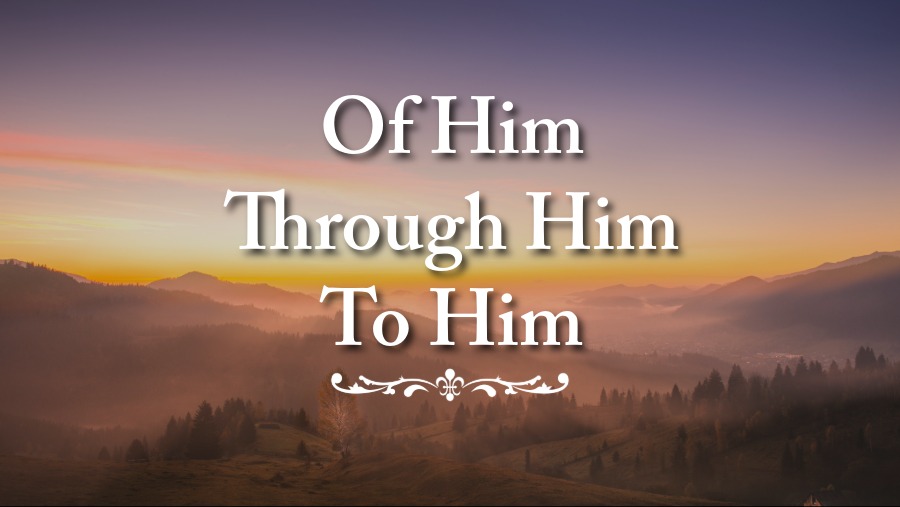
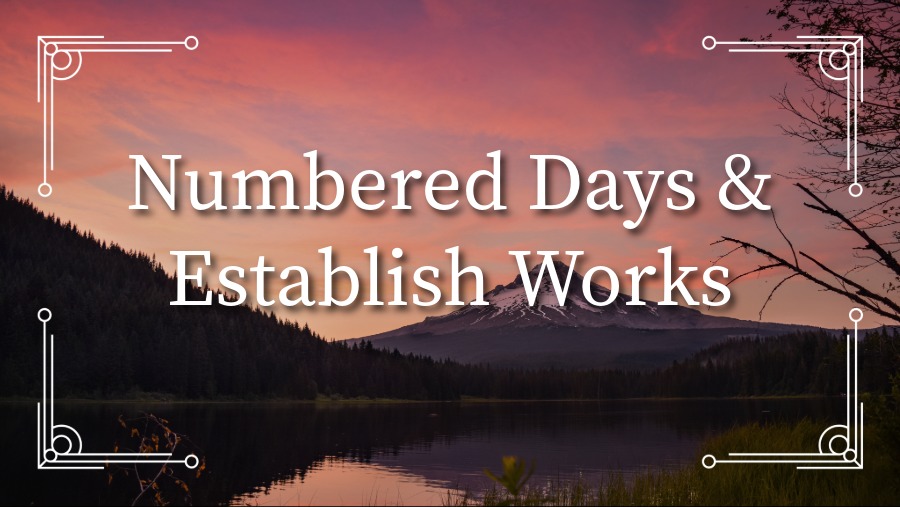
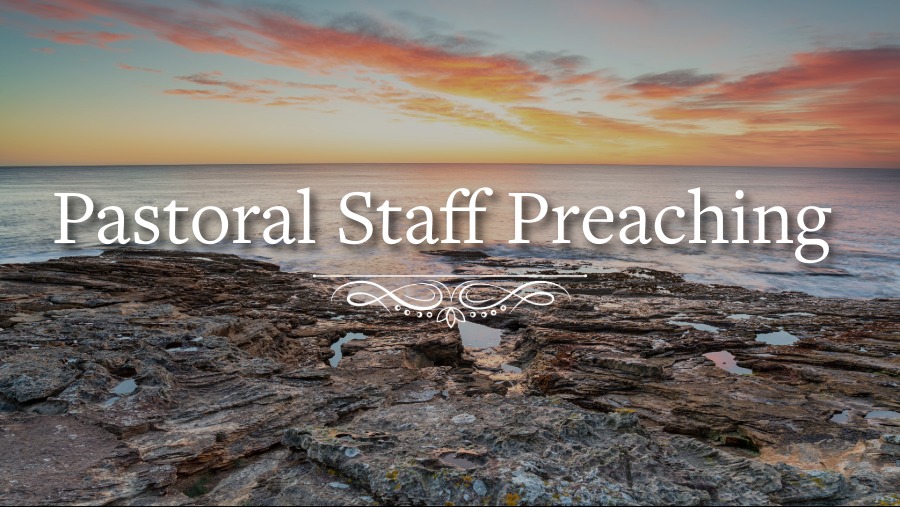

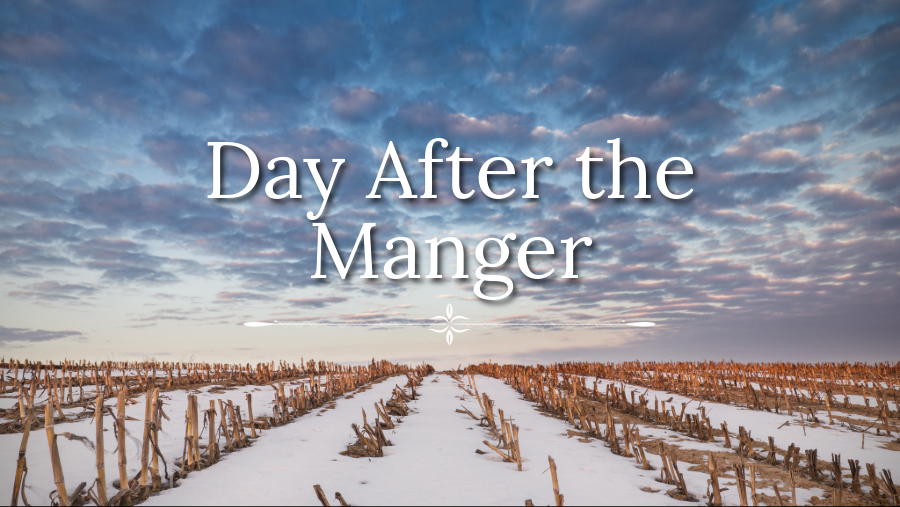

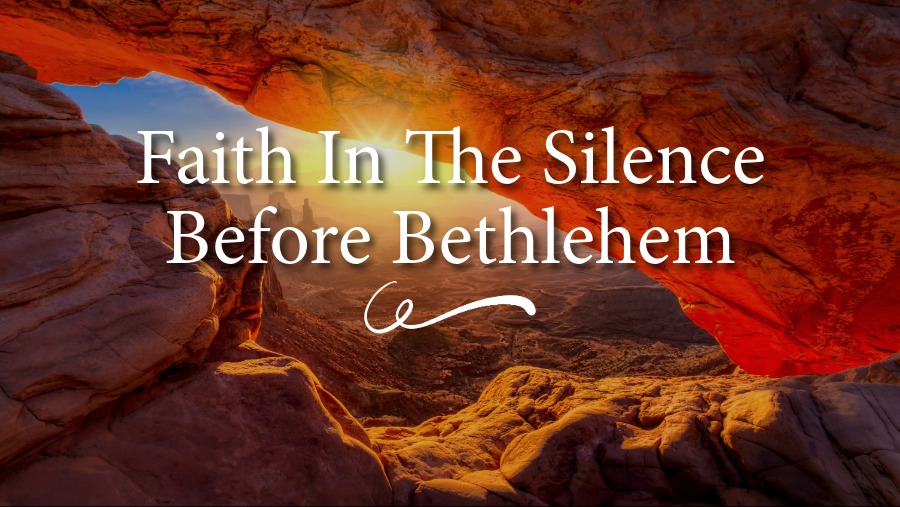
.jpeg)
